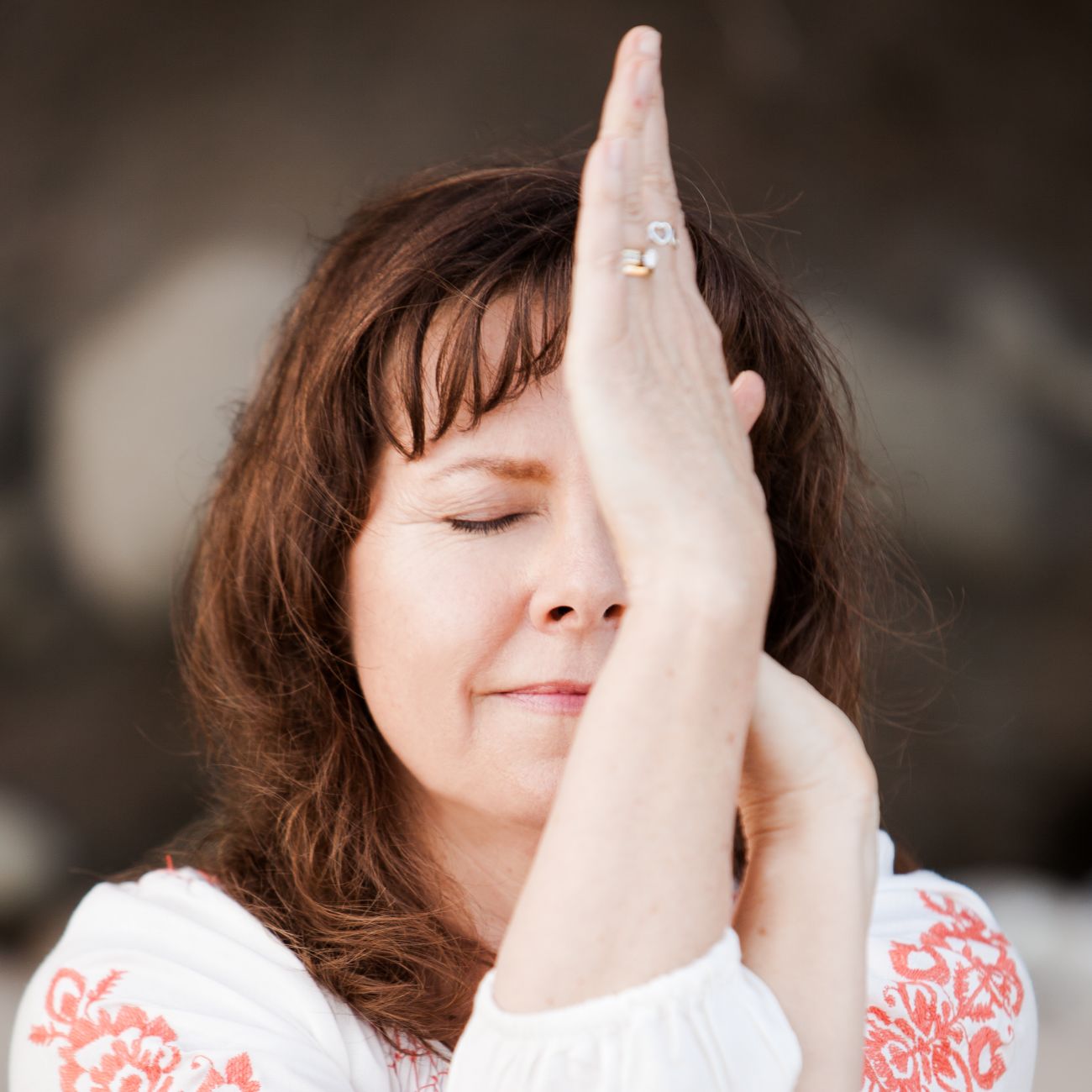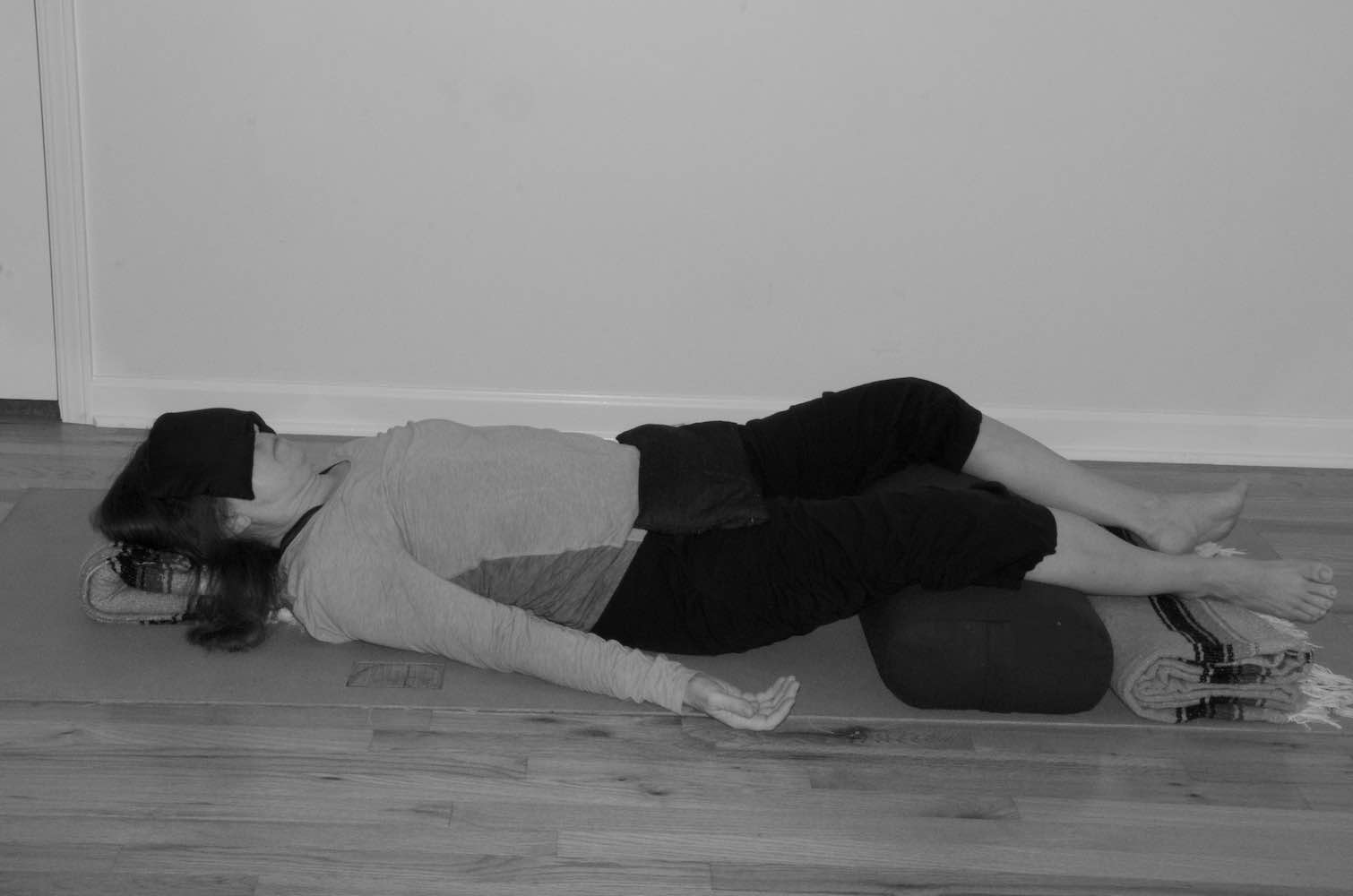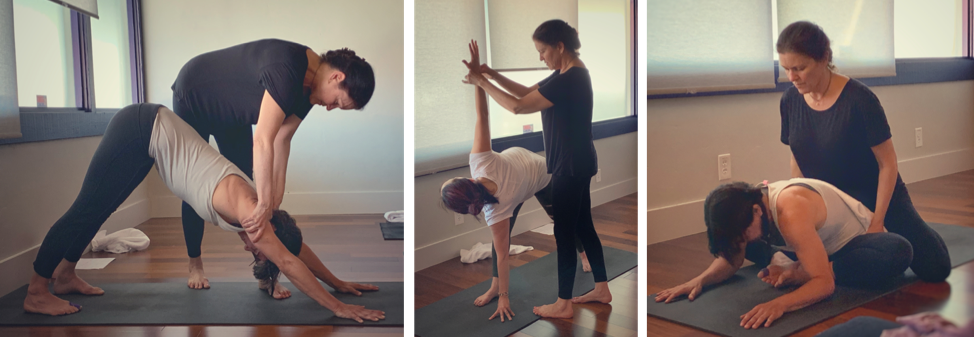Perfectionism tells us we ought to be different than we actually are. Perfectionism isn’t interested in reality. Its main objective is to distance us from ourselves, blocking us from the tenderness that is available when we become curious about our own nature. Perfectionism is a habit energy that we inherit from our predecessors, and when we become aware of it, we can become more open-hearted human beings.
If our parents experienced abuse or trauma in their history, it may have spilled over into how they raised us and translated to the belief that, in our core, we weren’t enough. This belief is a projection of our parents’ self-worth, and if they weren’t able to receive help, they unconsciously passed that negative idea of self onto us. Examples of this range from outright criticism, “You look terrible,” to conditional language, “You look so thin in those jeans…keep it up.” Perfectionism is projected onto children in other ways like:
- Achievement-oriented connection: how you perform directly impacts the kind of attention given to you by your caregivers.
- Comparison: are you better or less than your family members or peers?
- Behavior: if you behave well, it might prevent crises from occurring at home (or so you’d like to tell yourself…).
- Secret keeping: it’s more important to look good on the outside than to feel good on the inside.
As children, we learned to attune to the demands and limitations of our parents because it helped us survive family life. Yet, perfectionism can follow us long after we’ve left our childhood homes. Signs you might be struggling with perfectionism as an adult include:
- Negative self-talk: believing you’re unlovable, unworthy, or not enough.
- Procrastination: not starting a project or task because it can’t be done perfectly.
- Insecure partners: choosing partners who you feel you need to prove your worth to.
- Struggles with body image.
- Judging others’ shortcomings or believing we know better than them.
- Taking on too much.
- Self-medicating: the discomfort of our human frailties feels like too much to bear without numbing.
Here are three skillful ways to move away from perfectionism and into self-acceptance:
- Vulnerability. Admitting our imperfections allows us to make contact with our humanity and feel the interconnection with other human beings. “I do run late a lot – time management has never been my forte.” When we share like this, we create a sense of safety that allows others to share as well.
- Befriend the discomfort. Pema Chodron teaches the skill of bringing attention to the discomfort of the body for sixty seconds. For example, if you feel anxious and your stomach is churning, draw your attention there, and hold it. Notice what happens when you pay attention on purpose to the sensations of the body. You can do anything for sixty seconds.
- Forgiveness practice. Self-forgiveness may be a lifetime endeavor. Forgiveness meditation is an extension of metta, and it allows us to experience compassion for ourselves and others.
You can practice by calling to mind someone who has offended you, someone who you have offended, and yourself. Please don’t choose your biggest offenders to begin with.
- First, call to mind the person who has offended you. As you visualize them before you, begin to hear them ask for forgiveness by uttering the following: Forgive me for making mistakes. Forgive me for being an imperfect person. Forgive me for harming you, in ways knowing and unknowing.
- Next, begin to call to mind the person whom you have offended. As you see them before you, begin to ask for their forgiveness: Forgive me for making mistakes. Forgive me for being an imperfect person. Forgive me for harming you, in ways knowing and unknowing.
- Finally, begin to visualize yourself or sense into your own being. Conjuring the sensations of forgiveness from your practice, begin to turn this sentiment toward yourself by saying: Forgive me for making mistakes. Forgive me for being an imperfect person. Forgive me for harming you, in ways knowing and unknowing.
Working with perfectionism is not a practice of changing the self, rather it is another opportunity to become more accepting, compassionate, and gentle with ourselves, with others, and with the chaos.













